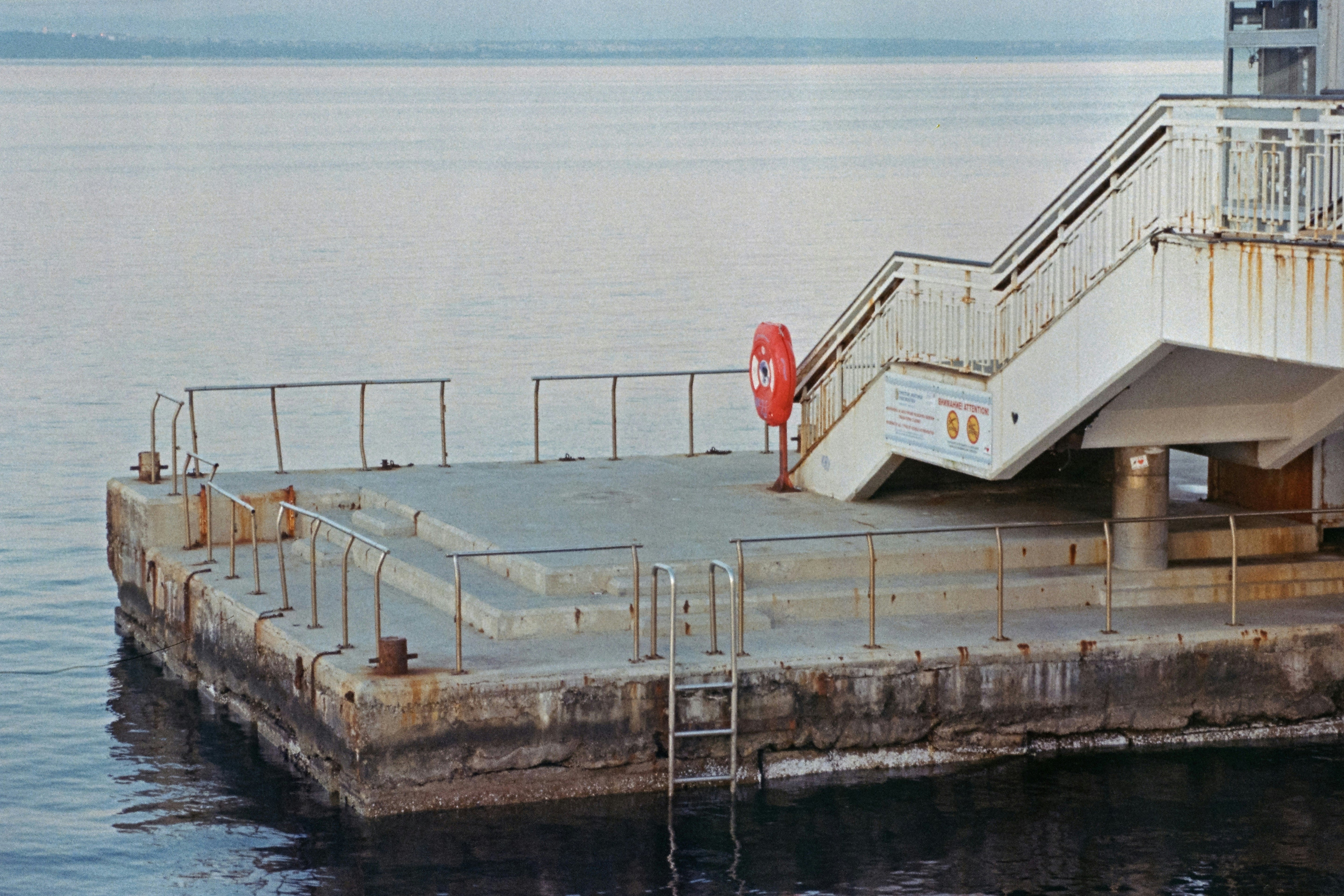When it comes to working in marine environments, they’re one of the harshest places that materials have to endure. In addition to the saltwater, there’s also other factors to worry about like UV exposure and heavy use that can degrade metal and wood.
These harsh conditions are what make GRP the chosen material for marine handrail fittings, marine flooring (like GRP mesh flooring) and other safety structures within the marine industries. If you’ve been wondering whether GRP materials are going to be the answer to the issues you face in marine space, this article is for you!
These are some of the benefits of choosing GRP materials in marine environments.
It’s Corrosion Resistant
Arguably the biggest challenge you’ll face in any marine environment is corrosion. When you use traditional materials like steel, you run the risk of your materials becoming corroded over time. Whilst steel needs regular maintenance, protective coatings or frequent replacement, GRP is resistant to rust and requires far less maintenance even in harsh weather conditions.
GRP is also saltwater proof and doesn’t corrode when exposed to seawater, they’re able to withstand long periods of direct sunlight without weakening and they don’t require painting or galvanising. GRP marine handrail hardware or GRP marine decking are low maintenance, durable and more cost-effective than more traditional methods like steel.
When your materials and structures are able to withstand anything a marine environment might throw at them, you save yourself money in the long-run by not having to spend on costly maintenance or expensive replacements.
It’s A Great Safety Solution
Safety is critical in marine environments. Slips, trips and falls aren’t just a harmless accident, when at sea in particular they can cause serious injury or even death. GRP materials enhance overall safety and protect your employees and the public when in a marine environment.
Most notable from GRP materials is that they are anti-slip meaning that GRP marine decking and flooring solutions can reduce the likelihood of slips and falls even in wet or oily conditions. They’re also fire retardant which is critical for enclosed marine environments, and they’re incredibly strong.
GRP products are certified to current British Safety Standards and rigorously tested so that you know you’re getting a solution that will best protect your staff even in harsh environments.
Where Might I See GRP Products In Marine Environments?
If you’ve frequented marine environments or job sites, chances are good you’ve seen GRP handrails and flooring in action without even realising! Perfect for spaces where safety, durability and low maintenance costs are a must, these are some of the marine industries you might see GRP materials.
-
Offshore Oil Platforms: If you’ve been on an offshore oil platform for work, chances are good that the walkways, safety rails and handrails are crafted from GRP materials.
-
Ships: If you’re a keen fisherman or you work on boats, often the decking and protective barriers on ships will be made from GRP.
-
Ports: Marine environments don't just mean physically on the water, docks and ports by the ocean may also have access to walkways, jetties and loading areas crafted from GRP products.
-
Fishing Facilities: Any processing plants or wet workshops (particularly those involving fish processing) will have GRP materials in place, particularly the flooring to ensure non-slip solutions even when wet.
Find Your Perfect Marine Solution At Lockinex
At Lockinex, we have years of experience in providing high-quality GRP products and materials to businesses across a number of different industries. If you’re looking to prioritise both safety and longevity in harsh marine conditions, you’ve come to the right place!
Whether you know exactly the kind of solution you’re looking for or you need a bit more guidance, our experienced Lockinex team can help. Contact us today to explore our full range of GRP products, or to get bespoke advice for your marine environment.

